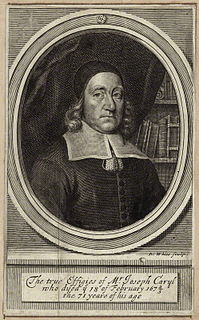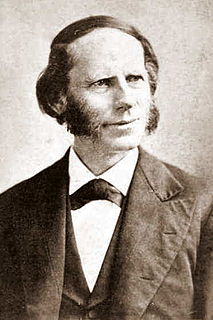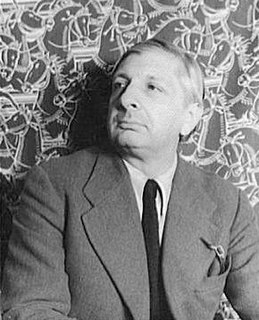A Quote by Robert Penn Warren
The poem is not a thing we see; it is, rather, a light by which we may see.
Related Quotes
I think that poetry is an act of celebration, that anytime you're writing a poem, it means that you're celebrating something, even if it's a sad poem, if it's an angry poem, a political poem or anything at all. The fact that you're taking the time and energy to pick up this thing and hold it to the light, and say, "Let's take some time to consider this," means that you've deemed it worthy enough to spend time on - which, in my opinion, is celebrating.
You may be going through a trial so overwhelming that it's borderline unbearable. You want to see the end of the tunnel. Which is only natural, because once we see that little speck of light, we feel we can make it through to the finish. But God's tunnels are often twisting, too complex and dark to see the light for many days. In such settings He says, "In that dark, twisting, seemingly endless period of time, trust Me. Stop running scared! Stop fearing!"
At the beginning God said: "Let there be light," and light was, and light is, and light shall be. So Christianity is rolling on, and it is going to warm all nations, and all nations are to bask in its light. Men may shut the window-blinds so they cannot see it, or they may smoke the pipe of speculation until they are shadowed under their own vaporing; but the Lord God is a sun!
There is an earthly sun, which is the cause of all heat, and all who are able to see may see the sun; and those who are blind and cannot see him may feel his heat. There is an Eternal Sun, which is the source of all wisdom, and those whose spiritual senses have awakened to life will see that sun and be conscious of His existence; but those who have not attained spiritual consciousness may yet feel His power by an inner faculty which is called Intuition.
Lucky accidents seldom happen to writers who don't work. You will find that you may rewrite and rewrite a poem and it never seems quite right. Then a much better poem may come rather fast and you wonder why you bothered with all that work on the earlier poem. Actually, the hard work you do on one poem is put in on all poems. The hard work on the first poem is responsible for the sudden ease of the second. If you just sit around waiting for the easy ones, nothing will come. Get to work.
Cause I am strong and I can prove it And I got my dreams to see me through It's just a mountain, I can move it And with faith enough there's nothing I can't do And I can see the light of a clear blue morning And I can see the light of brand new day I can see the light of a clear blue morning And everything's gonna be all right It's gonna be okay [lyrics from "Light of a Clear Blue Morning"]
The statement of ideas in a poem may have to do with logic. More profoundly, it may be identified with the emotional progression of the poem, in terms of the music and images, so that the poem is alive throughout. Another, more fundamental statement in poetry, is made through the images themselves those declarations, evocative, exact, and musical, which move through time and are the actions of a poem.
Today's photographers think differently. Many can't see real light anymore. They think only in terms of strobe - sure, it all looks beautiful but it's not really seeing. If you have the eyes to see it, the nuances of light are already there on the subject's face. If your thinking is confined to strobe light sources, your palette becomes very mean - which is the reason I photograph only in available light.
When a person listens to a good song, and they can look out at the world and their lives and see the dark and the light, the negative and the positive, all the different elements, all come together in one holistic poem, that is a very healing and very reductive thing, and that's what my music is about.





































